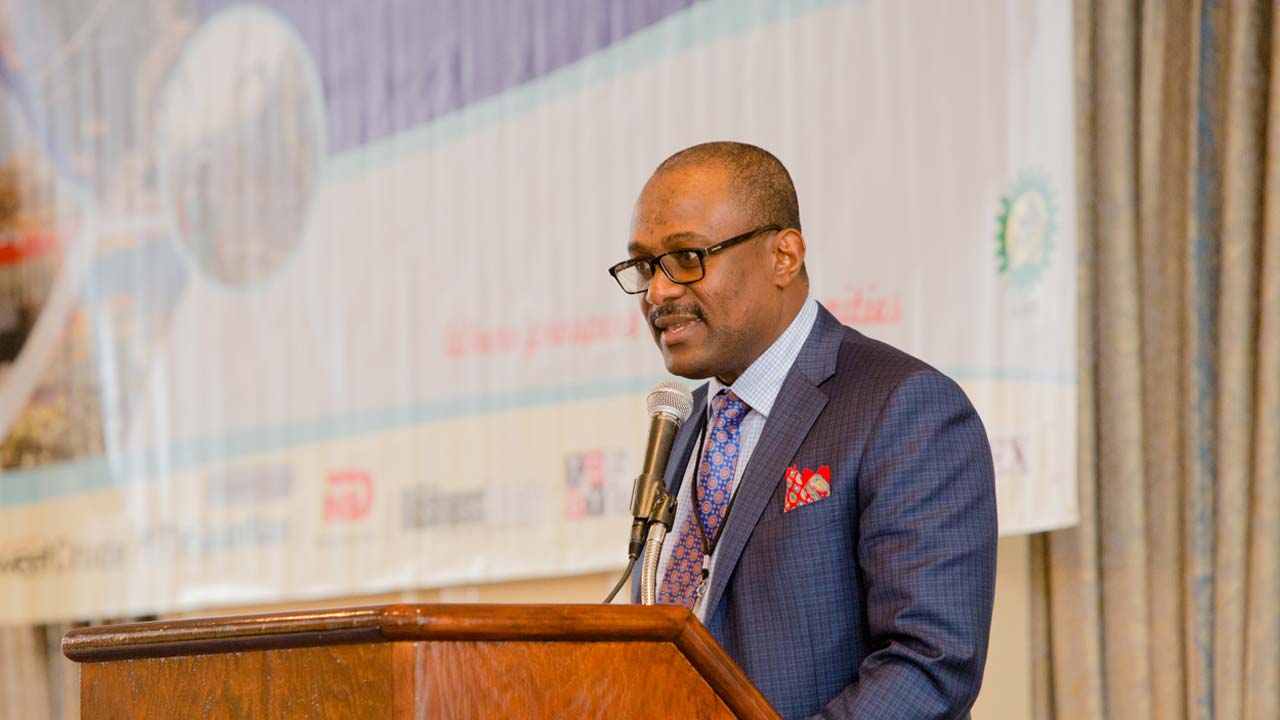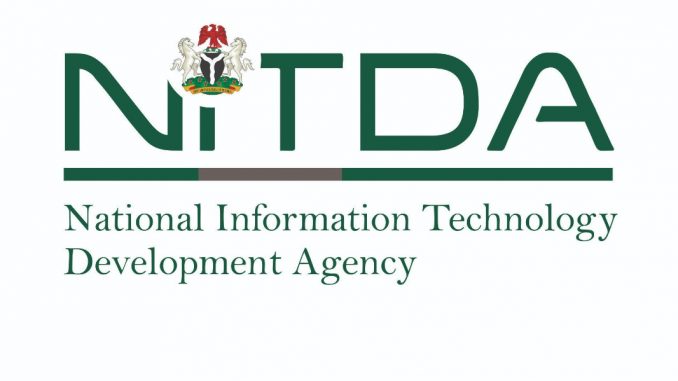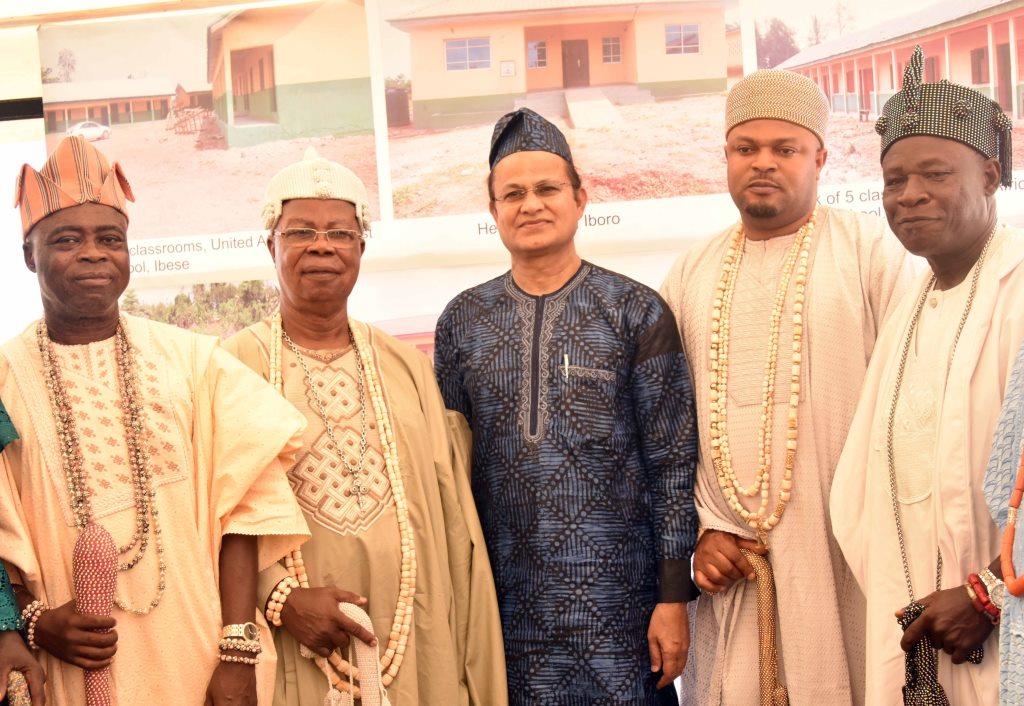Nigerian Content Development and Monitoring Board (NCDMB) has praised the management of Dangote Petroleum Refinery and Petrochemical Free Trade Zone Enterprises (DPRP) over its adherence to the local content law in the execution of its projects and declared its intention to further partner with it for effective implementation of the Local Content policy in the country.
Director, Monitoring & Evaluation, NCDMB, Mr. Akintunde Adelana, who represented the board’s Executive Secretary, Engr. Simbi Wabote, made this disclosure weekend during the DPRP Nigerian Content Sensitization/Awareness Creation Programme, titled: “Let’s Walk the Nigerian Content Talk Together,” at Lekki Free Trade Zone, Lagos.
In his submission, Wabote averred that “the Dangote Refinery project is expected to close a major gap in the supply of petroleum products in the country. We consider this as a very important project and we are willing to partner with the company to ensure full implementation of the local content policy. We embarked on this journey with the company a long time ago and we are ready to partner with the Dangote Group.
“Part of what you see to today is part of our efforts to ensure that the company and its contractors comply with the local content policy and they have put in a lot of efforts in this regard.”
Explaining more, Wabote described the Local Content Act as the quantum of composite value added to, or created in the Nigerian economy by a systematic development of capacity and capabilities, through the deliberate utilization of Nigerian human, material resources and services in the Nigerian oil and gas industry.
He said the country recorded loses prior to the enactment of the local content policy, which he noted, came from jobs executed abroad by International Oil Companies (IOCs), operating in the country.
“The narrative then was that nothing can be done in-country. Plants and modules were fully fabricated offshore without any structure in place to achieve knowledge transfer. Before 2010, we had no active dry-dock facilities. The few we had were abandoned and left to rot away. Today, we have four active dry docking facilities in Port Harcourt, Onne, and Lagos,” he added.
He said the board’s mandate is to develop local capacity in key areas such as manufacturing and fabrication and promote indigenous ownership of assets and utilization of indigenous assets in oil and gas operations.
Wabote added that the board’s responsibility also include linking the oil and gas industry with other sectors of the economy, enhance multiplier effect of oil and gas investments in economy and develop pool of competitive supply chain rooted in oil bearing communities.
Reading riot acts to defaulters of the Nigerian Content Policy, Wabote said non-compliance with the law, will result to the suspension of projects/contracts, penalty of five per cent of project sum, withdrawal of NCDMB’s services, and project cancellation unrecoverable sunk cost.
Continuing, NCDMB listed other penalties for non-compliance include liaising with other regulators to withdraw or suspend license, withdrawal of approvals or de-classification of contractor from pre-qualification list, application of the full weight of the law in accordance with Section 68, and publication of non-compliant operators in newspapers and professional gazettes.









